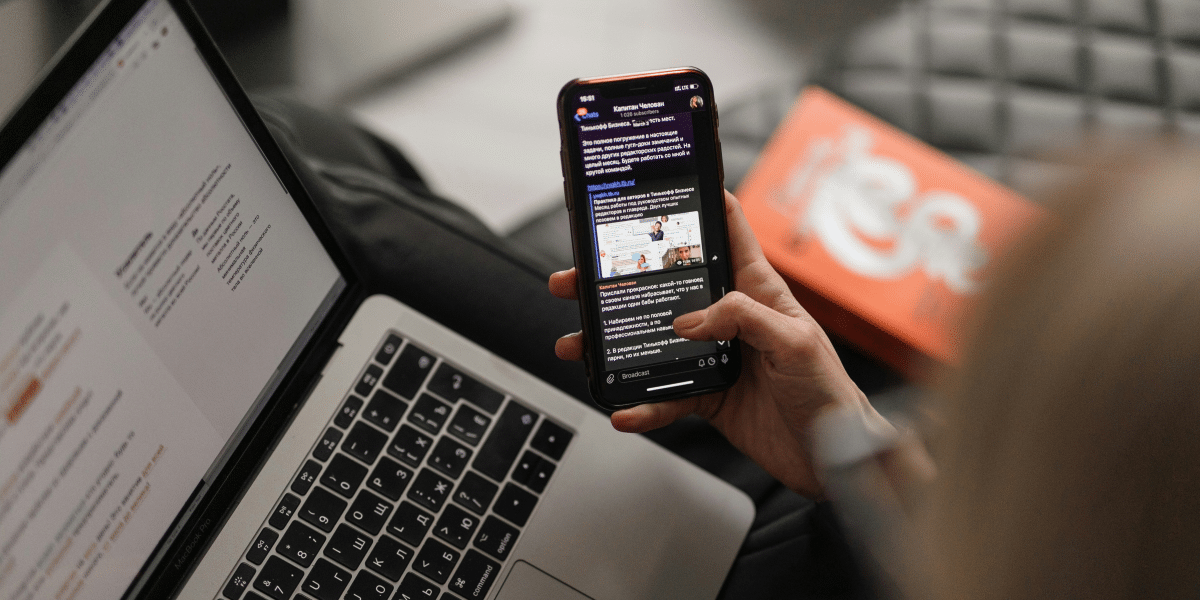Why do you workout? Many people will say “because it’s good for me” or “I want to lose weight,” and those are good answers. But it’s also important to know that exercise is more than just something you should do. Fitness is a lifelong journey that can help you become more confident, reduce age-related changes to your body and enhance your overall well being.
To get started, here is what you should know about embarking on a fitness journey and how to enhance it as you progress.
What to Think About When Starting a Fitness Journey
Let’s quickly distinguish between a workout plan and a fitness journey. A workout plan is something that is confined to a much more limited period of time, and it has a specific end goal. A fitness journey, however, focuses on lifelong exercise, health and wellness through the empowering act of movement.
To put it more simply, a fitness journey is all of the exercise and different ways you’re going to move your body throughout the course of your life. And a workout plan is something that you may incorporate into a fitness journey, but it has a definitive start and end date.
Now let’s talk about the important factors to consider when marking on a fitness journey.
Your Personal Goals
Why do you want to workout? That’s an important consideration. Your personal goals will help motivate you as you start your fitness journey, and they will evolve overtime. But when you’re starting out, it’s particularly important to have some specific, measurable goals that you can track over the first 30, 60 and 90 days.
Keeping these personal goals in mind will ultimately make it easier for you to stay. motivated and recognize the benefit of committing to a fitness practice.
Your “Why”
You may now have fitness goals, but do you know why they’re important to you? While losing weight is a common motivation for many people, it’s more important for them to know why weight loss matters and their life. You may want to lose weight because you want to be healthier so you can live longer and spend more time with your kids. Or you may want to build strength so you can feel more confident every day. Having reasons that go beyond your goals will ultimately help you when you start to plateau, and you have to push through challenges.
Available Time and Resources
This is a simple but important consideration. Think about how much time you have realistically to work out every day. if you can’t make it to the gym for an hour session, that’s okay. What really matters is that you are scheduling small periods of time to be active when it works for you. It’s also a good idea to think about the resources you have. Can you afford a gym membership? Are you going to actually use it? Those are important factors to think about. It’s completely fine if you just want to get started walking in your neighborhood or working out in your living room.
Personal Preferences
Don’t think that your fitness journey has to look like anybody else’s. Social media can make it seem like there are specific ways you should look or move your body, but anyway that you want to workout is acceptable. In fact, avoid following fitness influencers at the start of your journey. Give yourself space to experiment, take different fitness classes and find what you like the most.
Knowing what you don’t like is also important. If you realize that you really dislike high intensity workouts, then you can start focusing on lower intensity workouts that are good for you and still leave you feeling good.
How You Can Enhance Your Fitness Journey
Once you’ve started your fitness journey, you can enhance it by taking classes, working with a personal trainer to set new goals or working out with friends. You may decide to treat yourself to some new workout gear as a prize for sticking to your goals, like some expensive leggings or a weight set.
Or you could sign up for a workout studio near you, such as a Pilates studio or cycling studio. Being a part of routine classes also introduces you to a fitness community.
Perks of a Fitness Journey
Going on a fitness journey helps you build discipline, confidence and self-respect. It also helps you recognize that the true value of exercise isn’t in looking good but feeling good and living every day to the fullest.
Published by: Martin De Juan






